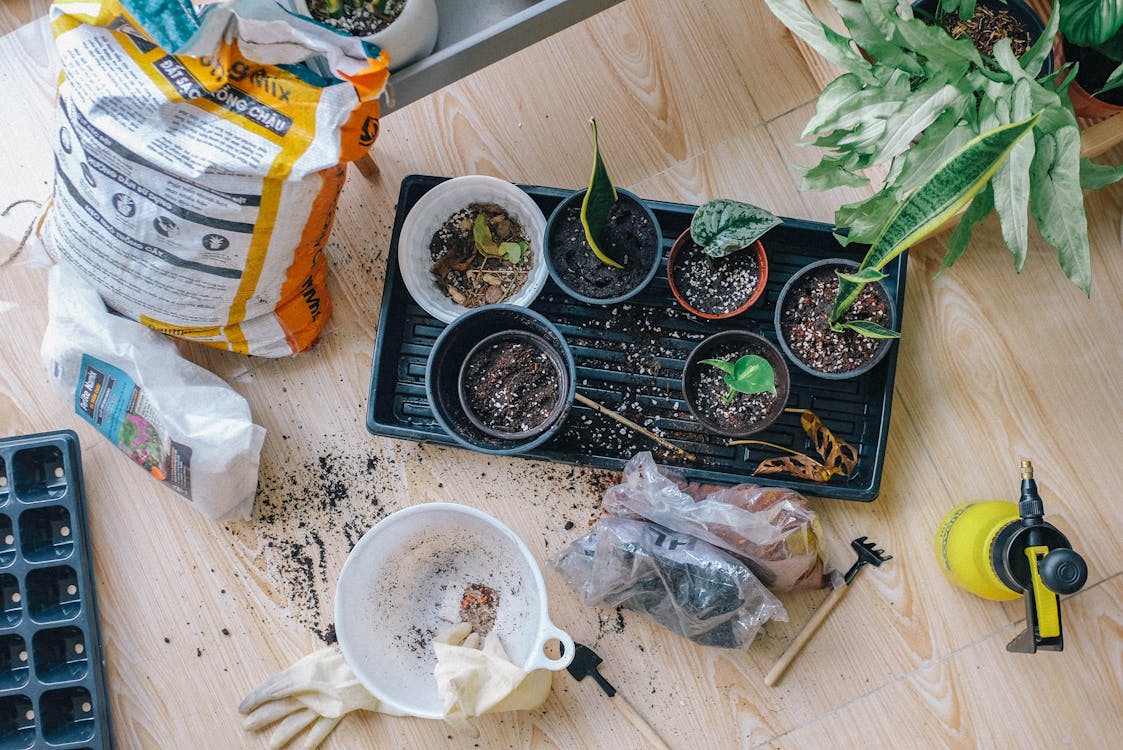
As the world embraces a greater awareness of environmental sustainability, organic gardening has emerged as a popular and rewarding practice. With the arrival of spring, there’s no better time to delve into the myriad benefits of organic gardening and how it contributes to a healthier planet.
From reducing chemical exposure to promoting biodiversity, organic gardening offers a host of advantages for both gardeners and the environment alike.
1. Healthier Soil, Healthier Plants
One of the primary principles of organic gardening is the focus on nurturing soil health. By eschewing synthetic fertilizers and pesticides, organic gardeners prioritize the use of compost, mulch, and natural amendments to enrich the soil. This approach fosters a thriving ecosystem of beneficial microbes and organisms, leading to healthier, more resilient plants. In spring, incorporating compost into garden beds revitalizes soil fertility, setting the stage for bountiful harvests later in the season.
2. Chemical-Free Environment
Conventional gardening often relies heavily on chemical pesticides and herbicides to combat pests and weeds. However, these chemicals can have detrimental effects on human health, wildlife, and the broader ecosystem. Organic gardening sidesteps these concerns by embracing natural pest management strategies, such as companion planting, crop rotation, and biological controls. By avoiding harmful chemicals, organic gardeners create a safer and more sustainable environment for themselves and future generations.
3. Supporting Pollinators and Biodiversity
Spring is a crucial time for pollinators, including bees, butterflies, and other beneficial insects. Organic gardening practices prioritize the preservation of these vital pollinators by providing a diverse array of native plants and minimizing pesticide use. By cultivating a biodiverse garden filled with flowers, herbs, and native species, organic gardeners create essential habitats for pollinators to thrive. In turn, these pollinators play a pivotal role in sustaining food crops and ecosystem health.
4. Water Conservation
Conserving water is a central tenet of sustainable gardening, particularly in regions prone to drought or water scarcity. Organic gardening techniques, such as mulching and soil building, help retain moisture in the soil, reducing the need for frequent watering. Additionally, practices like drip irrigation and rainwater harvesting further minimize water consumption while promoting plant health. By prioritizing water efficiency in the garden, organic gardeners demonstrate a commitment to environmental stewardship.
5. Nourishing Body and Soul
Beyond the tangible benefits for the environment, organic gardening offers profound rewards for gardeners themselves. Engaging in hands-on activities like planting, weeding, and harvesting fosters a deeper connection to the natural world and promotes mental well-being. In spring, the act of sowing seeds and watching new growth emerge is a source of joy and inspiration. Organic gardening provides a tangible way for individuals to contribute to a more sustainable future while reaping the physical and emotional benefits of time spent in nature.





